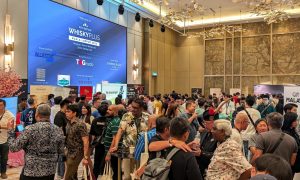What began as a social experiment in Iceland has evolved into a blueprint for a healthier, more balanced way of working that validates Generation Z’s push for meaningful reform in modern workplaces worldwide.
When Iceland launched its first large-scale trial of a shortened work week in 2015, many saw it as an ambitious, if idealistic, experiment. Skeptics doubted that fewer working hours could sustain productivity, let alone improve it. Some wrote it off as a passing novelty, or a doomed pursuit, before it was even implemented. Well, a decade later, the results speak for themselves. The country’s transformation has not only redefined how Icelanders work and live, but also validated Generation Z’s calls for workplaces that prioritize well-being, purpose, and balance over sheer hours logged. Observers and even some initial critics have hailed the exercise as “an overwhelming success.”
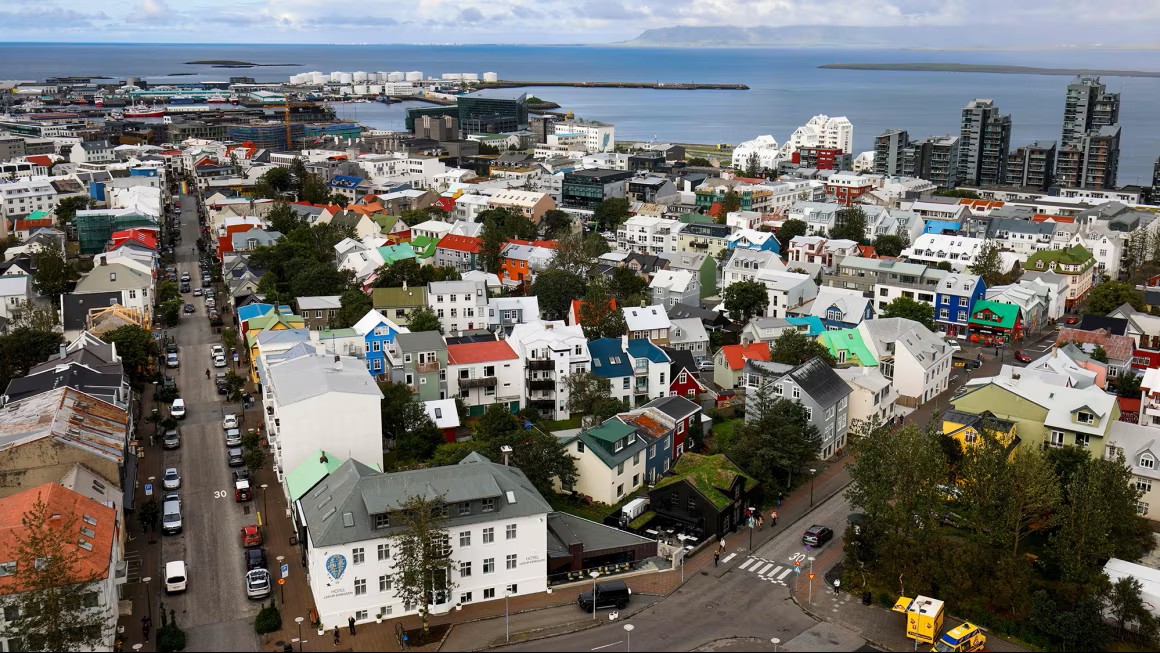
ICELAND’S QUIET REVOLUTION
The early stages of Iceland’s transition were modest. About 2,500 workers — roughly one percent of the nation’s workforce — took part in pilot programmes coordinated by the national government and the Reykjavík City Council. Their industries varied, from public administration and social services to retail and health care. Yet across every sector, one trend stood out: morale and efficiency both improved.
Encouraged by these results, policymakers and unions began expanding the model. By 2019, agreements allowed thousands more employees to adopt 36-hour weeks without any pay cuts. Today, nearly 90% of Iceland’s working population benefits from shorter work weeks while earning full salaries.
Rather than following Belgium’s model, which merely compresses 40 hours into four longer days, Iceland’s system genuinely reduces total working time. Employees typically work the same daily hours as before, but enjoy an extra day off each week. The result has been less fatigue, better focus, and higher satisfaction across the board.
The transition did not happen overnight. It required alignment between government agencies, labour unions, and private companies. Collective bargaining and data-driven evaluations helped refine the policy, ensuring businesses maintained output and service standards. Over time, the data made one thing clear: productivity per hour rose, even as total hours fell.
“Companies discovered that rested, motivated employees produced better results,” said Reykjavik-based researcher and policy analyst Guðmundur Daði Kristjánsson. “When people have time for life outside work, they bring more creativity and focus to their jobs.”

DIGITAL FOUNDATIONS AND SOCIAL BENEFITS
Part of Iceland’s success lies in its strong digital infrastructure. High-speed internet coverage, cloud-based collaboration, and widespread use of digital tools allowed businesses to transition seamlessly to shorter work weeks without sacrificing performance.
This alignment between technology and policy reflects Gen Z’s natural strengths. Digital natives by upbringing, younger Icelanders quickly adapted to remote and hybrid work systems. Their comfort with automation, AI-based scheduling, and virtual collaboration became invaluable in maintaining efficiency across compressed schedules.
But the benefits extended far beyond technology. Studies found that mental health improved dramatically during and after the trials. Stress and burnout rates dropped sharply, while job satisfaction rose. Families reported stronger relationships, and communities saw more volunteerism and civic participation.
Gender equality also advanced. With more flexible work structures, men shared greater responsibility at home, easing the burden of domestic work often carried by women. This shift toward shared parenting and household balance aligned with Gen Z’s expectations for equity in both the workplace and the home.
Educator and activist María Hjálmtýsdóttir described how her family life transformed: “With the 36-hour week, I have time for my children’s school activities and for myself. Our household feels more balanced — and I’m still just as productive at work.”
These social gains underscore a larger truth: productivity is not merely about time spent, but about mental presence and motivation. Iceland’s findings challenge the assumption that economic output and long working hours must go hand in hand.
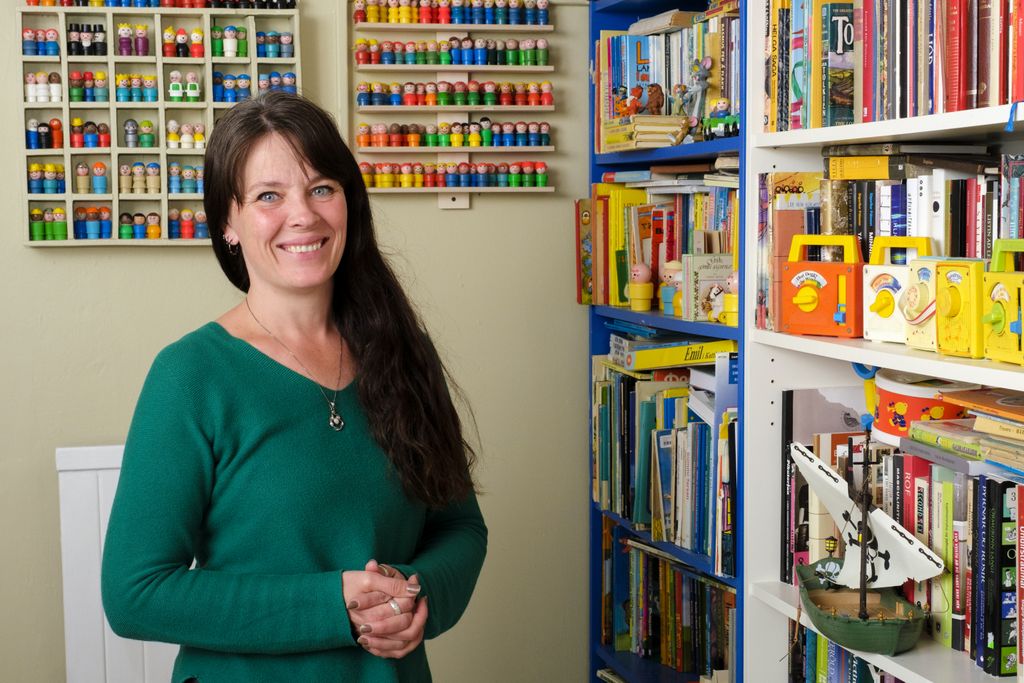
GLOBAL RIPPLE EFFECTS
The Icelandic model has attracted global attention, influencing similar trials in several countries. Germany, Portugal, Spain, and the United Kingdom have all tested or introduced variations of the four-day work week, each tailoring the idea to local conditions. Even Japan and the United States have launched pilot schemes inspired by the Nordic nation’s example.
The results have been encouraging. In the U.K., a 2023 pilot across 60 companies found that 92% continued the policy after the trial ended, citing higher productivity and lower absenteeism. In Japan, large corporations like Panasonic have begun offering optional four-day schedules with an aim towards improving employee well-being.
These developments reflect a growing consensus that the old industrial-era model of “longer equals better” no longer holds. As automation handles more routine tasks and knowledge work dominates global economies, efficiency now depends on creativity and focus — qualities enhanced, not diminished, by rest and work-life balance.
Economists note that Iceland’s approach also supports sustainability. Shorter work weeks reduce commuting emissions, lower energy consumption, and encourage lifestyles that place less strain on the environment, a point that’s not lost on a generation deeply concerned about climate change.
Political debate in Iceland continues over broader European integration and social policy, but the four-day week itself enjoys wide support across party lines. Employers have largely embraced the system, noting reduced turnover and easier recruitment. Younger workers, meanwhile, view it as proof that their demands for humane and flexible workplaces can succeed when backed by data and collaboration.
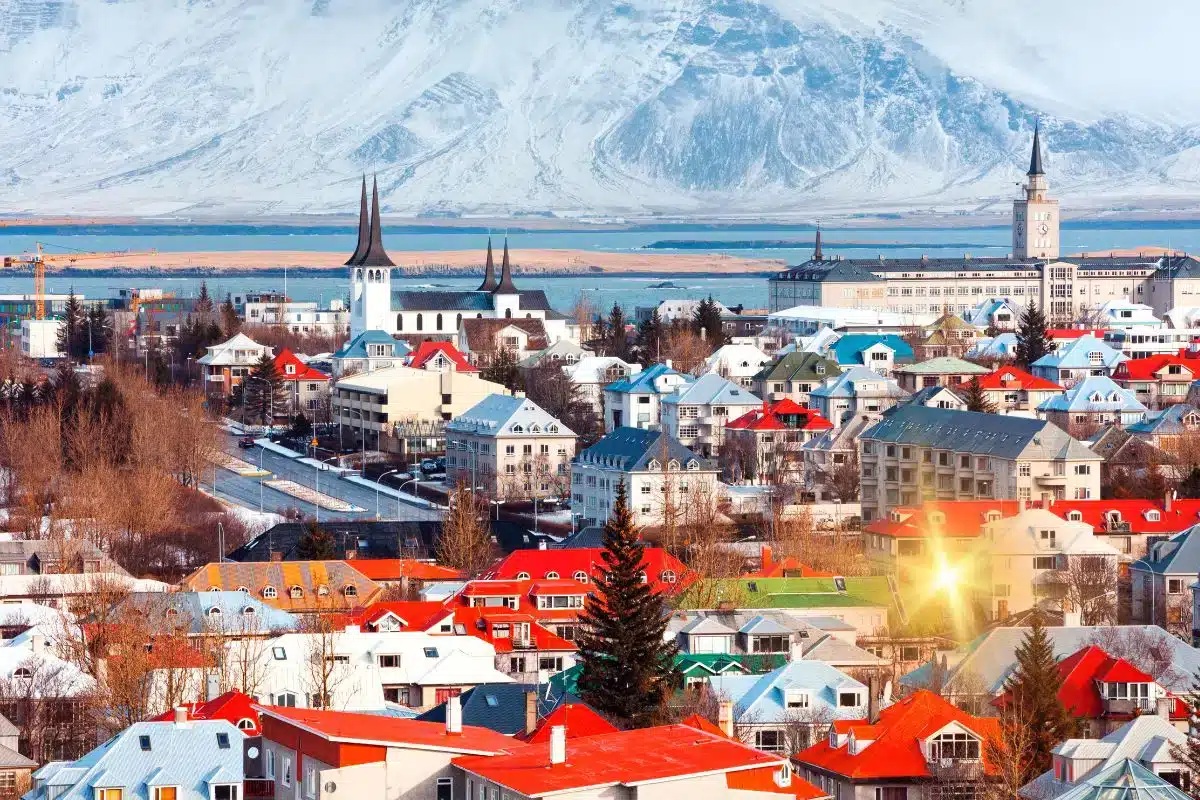
THE FUTURE OF WORK
Iceland’s experiment has become more than just a labour policy; it is a true cultural reset in several fundamental ways. It shows that nations can reimagine work without sacrificing economic growth or competitiveness. For Gen Z, who came of age during an era of rapid technological change and global uncertainty, it stands as validation that their priorities — mental health, purpose, equality, and sustainability — are not distractions from productivity, but essential components of it.
There are still challenges ahead. Not all sectors can easily implement shorter work weeks, especially those requiring continuous operations such as healthcare or logistics. However, Iceland’s experience demonstrates that flexible scheduling, technological adaptation, and clear communication can make even complex systems work more efficiently.
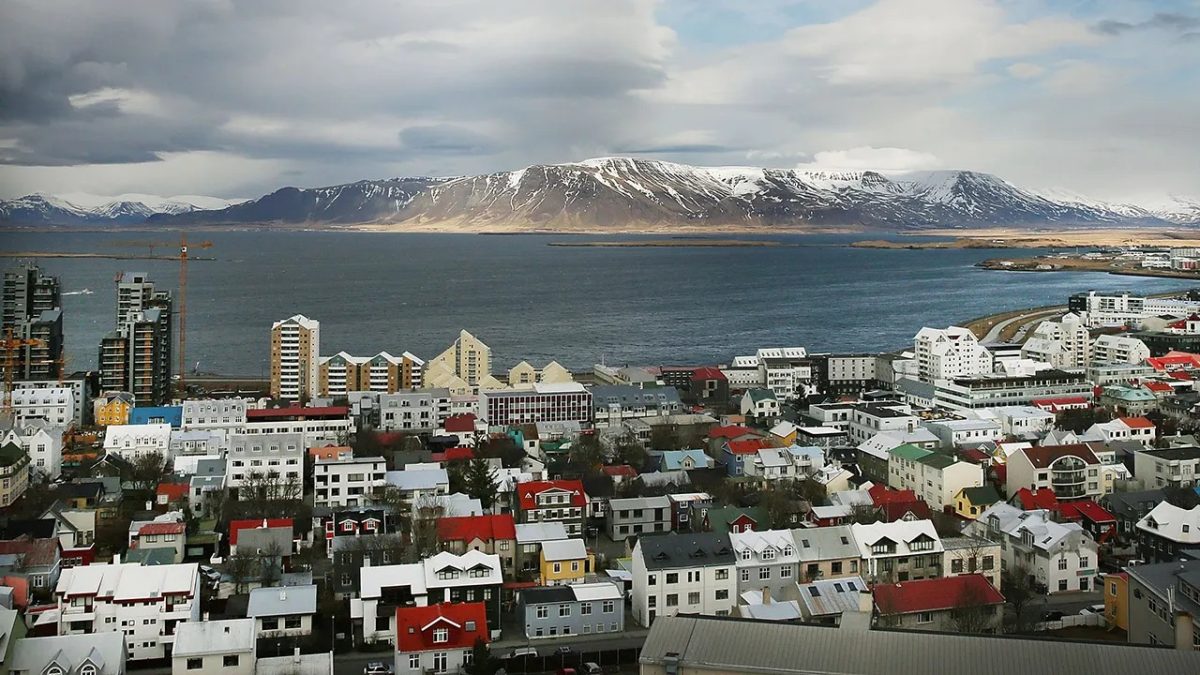
As more countries test reduced-hour models, global business culture is shifting from a focus on “hard work” to “smart work.” The emphasis is moving toward outcomes rather than clock time, toward creativity rather than compliance. In that sense, Iceland’s four-day work week represents both a national achievement and a fully incubated, real-world symbol of what the next generation envisions for the global workforce.
Will it spread? It’s certainly possible; as noted, there have been a number of experiments with the four-day week around the world. These include a successful trial in 2022 across 33 companies, with the majority of those based in the United States and Ireland.
Sources: Business Insider, Boston Organics, Quartz, CNN Business








